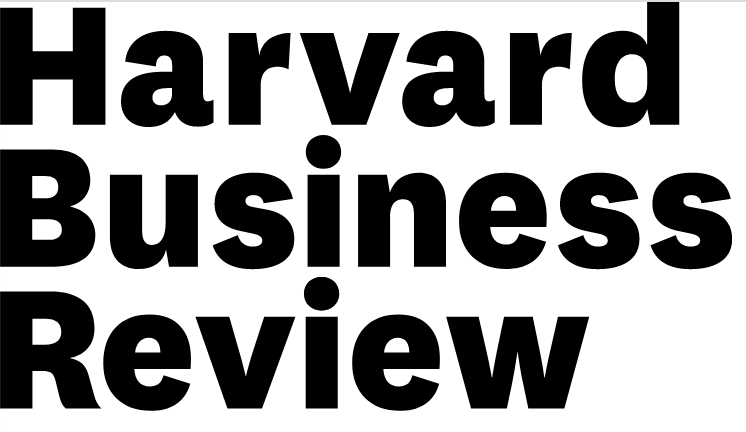Introduction
On June 19, 2023, Marcus Williams sat at his desk, scrolling through LinkedIn as competitors posted joyful Juneteenth photos—while he was still fielding customer orders. His company, despite bold diversity statements, had decided Juneteenth didn’t “fit the holiday budget.” That night he polished his résumé. Within six months, three of his major clients—organizations that had given their own teams the day off—quietly moved their business elsewhere.
This isn’t an isolated incident; it’s a growing trend that reveals how a single holiday decision can cascade into talent loss and revenue erosion.
The stark reality facing today’s C‑suite is this: 96 % of companies admit their employer brand affects revenue, yet only 44 % measure it. Excluding Juneteenth from your paid‑holiday calendar sends a powerful signal that reverberates far beyond HR policies—it shapes how both employees and customers perceive your organization’s values and authenticity.
Traditional approaches to holiday policies focus on cost containment and operational efficiency. But in a hyper‑connected world, internal policies become external brand statements. When companies claim to value diversity while ignoring a holiday that commemorates freedom from slavery, they create a credibility gap modern consumers and talent won’t ignore.
This article unpacks how skipping Juneteenth triggers a domino effect that damages employer branding, alienates conscious consumers, and ultimately slices into the bottom line through both talent attrition and customer defection.









